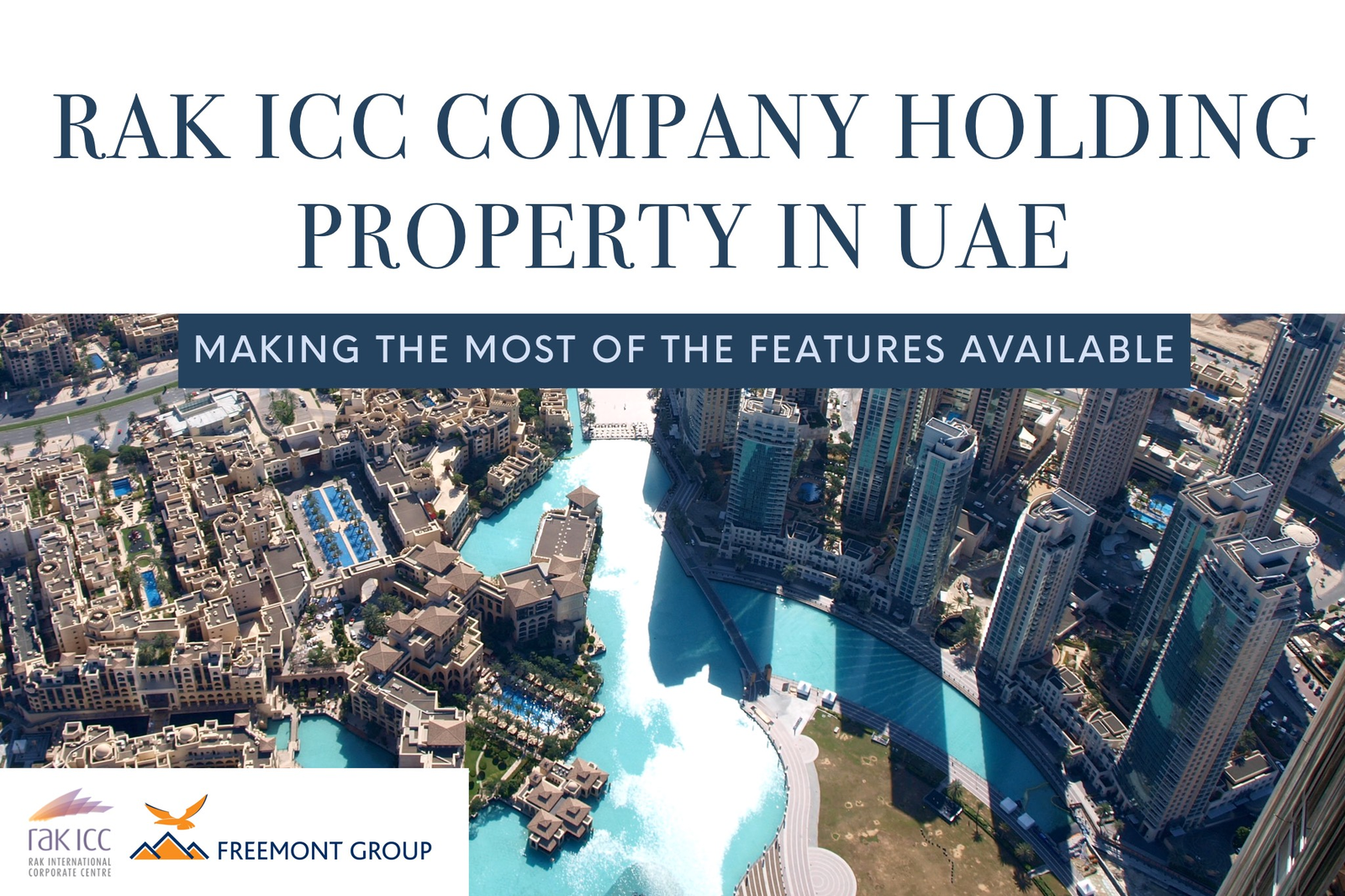Now Reading: UAE Real Estate: 6 Tax Benefits of Setting Up a REIT
-
01
UAE Real Estate: 6 Tax Benefits of Setting Up a REIT
UAE Real Estate: 6 Tax Benefits of Setting Up a REIT

Table of Contents
The UAE’s real estate market in 2025, with AED 893 billion ($243 billion) in 2024 transactions and 7-11% rental yields, is a prime destination for American and global investors, particularly in freehold areas like Dubai Marina, Saadiyat Island, and Al Marjan Island.
Real Estate Investment Trusts (REITs), regulated by the Securities and Commodities Authority (SCA) or Dubai Financial Services Authority (DFSA), offer a tax-efficient vehicle for pooling capital to invest in income-generating properties. The UAE’s 9% corporate tax (effective June 2023, Federal Decree-Law No. 47 of 2022), 5% VAT (Federal Decree-Law No. 8 of 2017), and 15% Domestic Minimum Top-up Tax (DMTT) for multinationals with revenues over €750 million (AED 3 billion) starting January 2025 make REITs increasingly attractive.
Below are six key tax benefits of setting up a REIT in the UAE, ensuring compliance with Federal Tax Authority (FTA) regulations while maximizing returns for American investors in a tax-free personal income environment.
1. Corporate Tax Exemption for Compliant REITs

REITs meeting SCA or DFSA requirements—distributing at least 80% of annual income and maintaining diverse ownership (no single investor, except government entities, holding over 50%)—are exempt from 9% corporate tax, per Cabinet Decision No. 34 of 2025. A REIT generating AED 20 million ($5.45 million) in Dubai South rental income avoids AED 1.8 million in tax, preserving 7-8% yields. Action: Ensure compliance with distribution and ownership rules, filing exemption applications with the FTA and retaining seven-year records.
2. VAT Exemption on Residential Property Income
REITs leasing residential properties for over six months benefit from a 5% VAT exemption, per Federal Decree-Law No. 8 of 2017. A REIT with AED 10 million ($2.72 million) in Jumeirah Village Circle (JVC) residential rentals saves AED 500,000 in VAT, boosting 6-8% net returns. Commercial leases incur 5% VAT, but input VAT on costs (e.g., maintenance) is recoverable. Action: Segregate residential and commercial income, registering for VAT if taxable supplies exceed AED 375,000 ($102,000) to recover input VAT.
3. No Capital Gains Tax on Property Sales

REITs, like individuals, face no capital gains tax on residential or commercial property sales, enhancing exit strategies. Selling a AED 30 million ($8.16 million) Saadiyat Island portfolio purchased for AED 20 million yields AED 10 million tax-free, supporting 10-15% appreciation. Corporate tax exemption further ensures gains remain untaxed if REIT criteria are met. Action: Structure sales to align with REIT distribution requirements, consulting RERA-registered agents for compliance.
4. Deduction of Operational Expenses
Even if a REIT faces partial taxation due to non-compliance, it can deduct expenses like property management, legal fees, and marketing under corporate tax rules. A REIT with AED 15 million ($4.09 million) in Yas Island income and AED 3 million in expenses reduces taxable income, saving AED 270,000 in potential 9% tax after the AED 375,000 exemption. Action: Maintain detailed, seven-year expense records and use FTA-accredited advisors to maximize deductions, aligning with 7-9% yields.
5. Zakat Optimization for Muslim Investors
Muslim American investors in REITs pay Zakat (2.5% on wealth above Nisab, ~AED 25,000/$6,800) only on distributed rental income after one lunar year, not on property values held for long-term investment. A REIT distributing AED 5 million ($1.36 million) in Al Marjan Island income to a Muslim investor incurs AED 125,000 Zakat on their share, not AED 1.25 million on a AED 50 million portfolio. Action: Clarify investment intent with Islamic scholars and track distributions for accurate Zakat calculations, preserving 7-10% returns.
6. U.S.-UAE Double Taxation Agreement Benefits
REIT distributions to American investors are subject to U.S. tax (up to 37% for individuals, 21% for corporations), but the U.S.-UAE double taxation agreement (DTA) allows credits for any UAE taxes paid by the REIT or its subsidiaries. A REIT paying AED 90,000 in UAE tax on AED 1 million ($272,000) Ajman Corniche income enables investors to offset U.S. tax liability. Action: File IRS Form 1118 (corporations) or Form 1040 (individuals), coordinating with tax advisors to leverage DTA credits, supporting 8-10% yields.
Why These Benefits Matter for American Investors
REITs amplify UAE’s 7-11% yields, outpacing global markets like New York (4.2%). Freehold ownership, no personal income tax, and visa programs (2-year Investor Visa for AED 750,000, Golden Visa for AED 2 million) drive demand, with 45% of Dubai’s 2025 buyers being foreign. Proximity to Dubai International Airport (20-45 minutes) and DIFC’s 800 family offices enhance appeal. REITs offer diversification and liquidity in a market projecting 5-8% price growth.
Market Outlook and Challenges
Freehold zones like Al Marjan Island and Saadiyat Island expect 10-15% appreciation in 2025, but the DMTT’s 15% rate for MNEs, stricter AML compliance, and a potential 10-15% correction in 2026 due to oversupply (41,000 Dubai units) pose risks. Non-compliance with corporate tax or VAT filings (nine-month or 28-day deadlines) incurs penalties up to AED 10,000. RERA-registered agents and FTA consultants ensure compliance, maximizing REIT benefits.
Conclusion
Corporate tax exemptions, VAT exemptions on residential income, no capital gains tax, expense deductions, Zakat optimization, and DTA credits are six tax benefits of setting up a REIT in the UAE. These advantages maximize 7-11% ROI for American investors in a dynamic 2025 market. Expert guidance ensures compliance and long-term wealth creation in Dubai, Abu Dhabi, and Ras Al Khaimah’s thriving real estate landscape. real estate REITs
read more: UAE Property: 7 Crucial Tax Implications When Buying With a Mortgage





















